Search
Search Results

Definition
Franz Liszt
Franz Liszt (1811-1886) was a Hungarian composer of Romantic Music. Liszt first gained international fame as a piano virtuoso, an activity in which he was a pioneer, and then as a composer of piano works and symphonic poems, a form he created...

Image
Franz Liszt Monument, Weimar
A monument in Weimar, Germany to Franz Liszt (1811-1886), the Hungarian composer of Romantic Music.
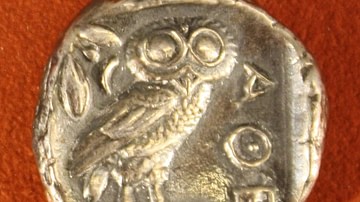
Article
The Delian League, Part 3: From the Thirty Years Peace to the Start of the Ten Years War (445/4–431/0 BCE)
This text is part of an article series on the Delian League. The third phase of the Delian League begins with the Thirty Years Peace between Athens and Sparta and ends with the start of the Ten Years War (445/4 – 431/0 BCE). The First...
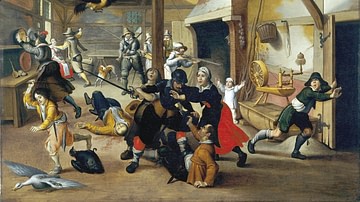
Definition
Thirty Years' War
The Thirty Years’ War (1618-1648) was the last major European conflict informed by religious divisions and one of the most devastating in European history resulting in a death toll of approximately 8 million. Beginning as a local conflict...

Video
The Rise & Fall of China's Han Dynasty Empire...and it's Rise & Fall Again
The Han Dynasty Empire, it's Rise & Fall…and it’s Rise & Fall Again (Chinese History Documentary)
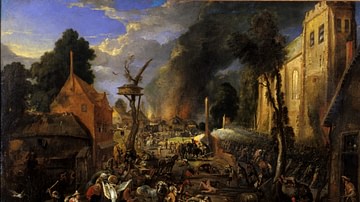
Definition
Eighty Years' War
The Eighty Years' War (1568-1648, also known as The Dutch Revolt and Dutch War of Independence) was a military conflict between the seventeen provinces of the Netherlands and Spain, which then governed them, beginning in the reign of King...
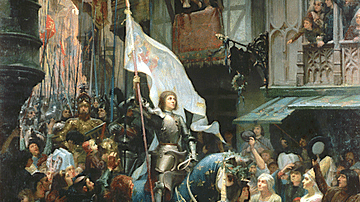
Definition
Hundred Years' War
The Hundred Years' War (1337-1453) was an intermittent conflict between England and France lasting 116 years. It began principally because King Edward III (r. 1327-1377) and Philip VI (r. 1328-1350) escalated a dispute over feudal rights...
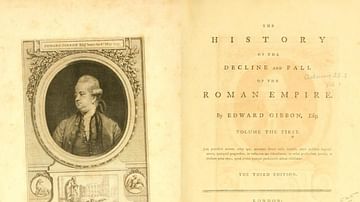
Article
Gibbon's Decline & Fall of the Roman Empire
The English historian Edward Gibbon (1737-1794) wrote and published his seminal work History of the Decline and Fall of the Roman Empire between 1776 and 1788. The dominant theme of Gibbon's six-volume work is that the fall of the Roman Empire...
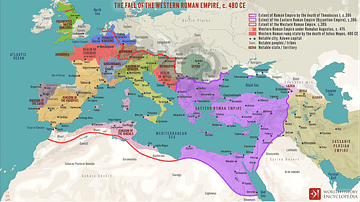
Article
Fall of the Western Roman Empire
To many historians, the fall of the Western Roman Empire in the 5th century CE has always been viewed as the end of the ancient world and the onset of the Middle Ages, often improperly called the Dark Ages, despite Petrarch's assertion. Since...

Worksheet/Activity
Fall of Rome - Podcast & Mindmap
This activity has been designed to fit a 10-minute slot for your class. Based on a 5-minute podcast, students have to fill in a mind map to identify the main reasons for Rome's fall. It is part of our Fall of Rome pack where you can find...